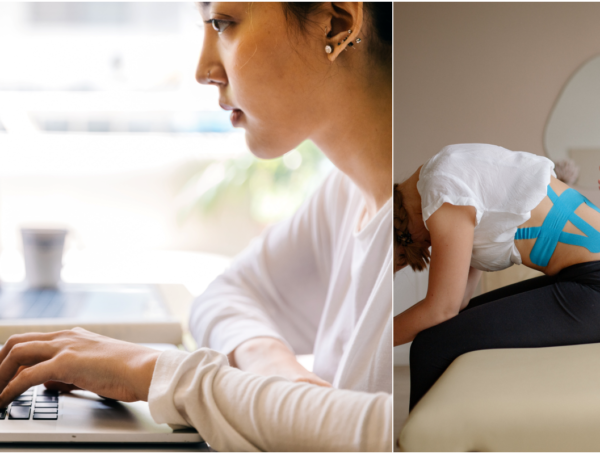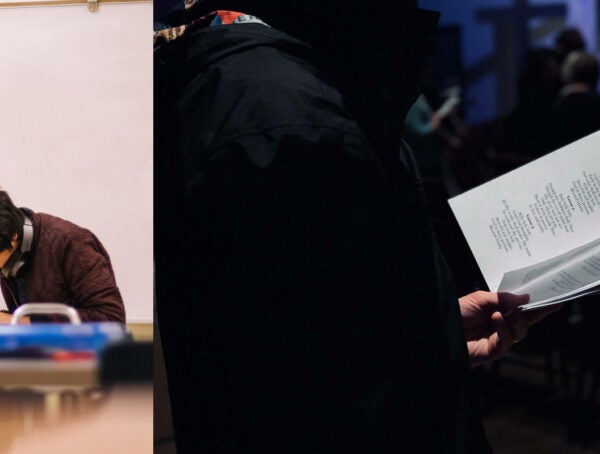This is a user submission to IRL. We do not edit the article beyond ensuring that it complies with the site’s format. The opinions expressed are solely those of the author and do not represent the opinions of IRL or its affiliates.
Many people often see people who are alone as freaks or eccentric.
Though they may be right, that does not mean we should not embrace our non-conformist individuality in a world where it screams extroversion.
People can judge. They can stare.
Sometimes we may even get the occasional rude and uninviting questions of “Aren’t you depressed for always being alone?”, “You don’t have any friends?” and so on.
We are so tempted to reply with a sarcastic retort, but we are just too nice to respond to such questions with such derision.
Our individuality is what makes us unique, if not cold and distant.
For many well-intentioned reasons, it’s good to be alone.
There are many ways how being alone can bring out the best in us and make us people for society.
Here are a few reasons why being alone makes us better people.

It Helps Clear Our Minds
Being alone and being lonely are two different things.
Being alone means no one wants to find you at all, whereas being alone means you do get people finding you from time to time but you can’t be bothered to mix around with them.
Weird as it is, being alone helps you clear your mind. Most people who often want to be alone are usually introverted people.
Although that is the stereotype, extroverts also take time out for themselves to clear their minds.
Taking time out to be alone for yourself means it helps you clear your mind.
Everyone needs to clear the mental junk from their mind every now and then.
With all that information we are exposed to it does get pretty toxic for our overall well-being and mentality.
Hence, it’s ok to be alone for the sake of clearing out your mind and there is no stigma attached to it.

Being Alone Builds Up Independence and Confidence
Though unusual, being alone is one of the most common (if not easiest) way for people to build up their independence and confidence.
By being on your own, you can reflect on your own core values, meditate on the kind of person you are and what you like and dislike, and so on.
This is actually a pretty good way to build up your confident characteristics and solidify it.
It means you don’t base your personality on the people around you, but rather on your environment, your state of mind, and ultimately yourself.
At the same time, it builds up your independence by thinking and acting independently of your network and its key to living your best life.
When you spend time alone, you are allowed to dream, create goals and values, and attract the same kind of people that helps you evolve into better individuals for society.

Clarifies Perceptions and Boost Productivity
Our perceptions come from and are based on the people we surround ourselves with, on top of where we live and the environment we are set in.
It is also based on our experiences and emotions in the present moment that we experienced.
When we spend time alone, we can have more time, space, and attention to be able to think and process the events free from external emotions and influences.
As we do that, we gain clarity on and around the judgement we initially made.
As being alone helps us get clear on our dreams, goals, and priorities, it works as a motivation to push us into specific actions to support those goals and priorities.
It makes us eager to work and plan for a better life and future.

Strengthens Relationships and Establish Priorities
As we talked about how being alone helps clarify our perceptions and clear our minds for clarity, all those help us strengthen our relationships and further establish priorities.
It’s important for our overall mindset and being because there are some people you’d want to be in your life long term – maybe your family, friends you can really trust and rely on, a teacher whom you look to for guidance, and whatnot.
As you spend time alone meditating on what is important to you and understand yourself, it does help in strengthening and supporting the relationships with the people who matter the most to you.
When you spend time understanding your own values, that helps in understanding the values of other people whom you interact with.
You are able to understand other people and their values.
You get real and honest with yourself as much as you can be as honest with the people around you.

How To Get Comfortable Being Alone
This probably is as cheesy as it sounds.
Some people may find it awkward to ask this question especially when they are so used to being in the company of people.
Certain groups of people live to have living beings around them and probably may have difficulties in trying to settle down and be by themselves.
If it helps for any, you start by being on your own in your own room or wherever you feel most comfortable with.
It doesn’t have to be your own room, as you may find it most comfortable being alone in a park, a library, a café, or wherever.
As long as you can think and meditate on your own values, it should be fine.
In any instances or events, you find people staring at you, it’s fine because not everyone thinks being alone is “normal”.
Your ultimate goal is to find time for yourself so you can establish your own core values is what matters most.
Once you have established what you needed and wanted, you can continue to do so in improving your own mindfulness and character building.
Being alone may not be your cup of tea, it’s not everyone’s cup of tea because some people establish their values by interacting with other people.
As long as you have established values and you are comfortable with yourself, you are good.
For more articles on being alone, read Alone But Not Lonely – The Trend of Single Young Adults and Why You Should Celebrate Being Single – Advice from Someone in a Relationship.

You might also like
More from Real Mental Health
“I Was Scared of Waking Up in Handcuffs,” shares Depressed M’sian on Repealed Law
In 2023, Malaysia repealed Section 309, a colonial-era law that made suicide attempts a crime. The change marked a shift …
‘Everyone Saw A Successful Student While I Was Crumbling,’ Shares 22 Year Old Student
This is a story of a 22 year old woman who shared her story as a Straight A’s student as …
5 Harmful Mental Health Myths Malaysians Still Believe
Let’s break down five of the most common myths Malaysians still believe, and why it’s time to let them go.

















